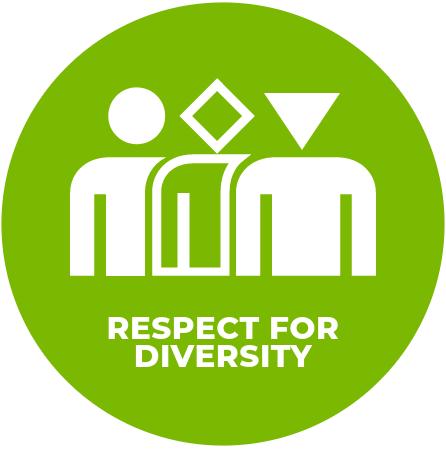Active listening requires being fully present, focused on the speaker, and understanding their message without interruption or judgment. On the other hand, effective speaking involves articulating ideas clearly, utilizing appropriate language and tone, adapting communication style to the audience, and engaging in constructive dialogue. In both interpersonal relationships and professional settings and public speaking engagements, speaking and listening. Proficient listening and speaking empower individuals to understand perspectives, express thoughts accurately, build connections, resolve conflicts, and collaborate successfully. These skills’ continual development and refinement contribute to heightened communication effectiveness, fostering stronger relationships and facilitating successful interactions in both personal and professional spheres.
“Most people do not listen with the intent to understand; they listen with the intent to reply.”
Stephen R. Covey
- Listening Skills
- Attentiveness: Focusing on the speaker without distraction.
- Empathy: Understanding and sharing the speaker’s feelings or perspective.
- Non-Verbal Communication: Reading and interpreting body language and facial expressions.
- Paraphrasing: Summarizing the speaker’s message in your own words.
- Asking Clarifying Questions: Seeking additional information to enhance understanding.
- Patience: Allowing the speaker to express themselves without interruption.
- Open-Mindedness: Being receptive to different perspectives and ideas.
- Feedback Reception: Accepting feedback positively and constructively.
- Cultural Sensitivity: Understanding and respecting cultural nuances in communication.
- Resist Interrupting: Allowing the speaker to finish before responding.
- Speaking Skills
- Clarity: Articulating thoughts and ideas in a clear and understandable manner.
- Confidence: Projecting self-assurance and conviction in speech.
- Adaptability: Adjusting communication style based on the audience and context.
- Conciseness: Expressing ideas succinctly without unnecessary details.
- Tone and Pace Control: Using voice modulation and controlling the speed at which you speak to suit the context and audience.
- Organizational Skills: Structuring thoughts and content logically.
- Storytelling: Engaging audiences through compelling narratives.
- Vocal Variety: Using pitch, tone, and volume for emphasis and interest.
- Eye Contact: Establishing and maintaining connection with the audience.
- Feedback Solicitation: Encouraging and welcoming feedback from the audience for improvement.
Gen Z and Millennials with Great Speaking and Listening Skills
“Wise men speak because they have something to say; fools because they have to say something.”
Plato
“The most important thing in communication is hearing what isn’t said.”
PETER DRUCKER

Kavya Kopparapu
Kavya Kopparapu founded a national nonprofit organization to improve low-income students’ access to emerging technology education. In this capacity, Kavya effectively communicates the mission and goals of the organization. Her speaking skills contribute to raising awareness and garnering support for the nonprofit’s initiatives by effectively communicating complex ideas and a deep commitment to important causes. Her listening skills are evident in her attentiveness to the voices and experiences of underrepresented groups, demonstrating a holistic approach to communication in technology, healthcare innovation, and education advocacy. Image: https://www.kavyakopparapu.com/ Speech on Medical Innovation

Austin Serio
Austin Serio co-founded a culturally tailored telemental health platform for Indigenous peoples, ShockTalk, and a member of the Shakori Tribe of South Carolina, possesses exemplary speaking and listening skills. As a compassionate visionary who combines powerful speaking skills to advocate for change with active listening skills to ensure that the telemental health platform is community-driven, culturally competent, and genuinely addresses the mental health needs of Indigenous peoples on a national scale. “Our team seeks to decolonize access by inverting the harmful approach of contemporary for-profit healthcare. Image: ShockTalk Headstream Innovation Introduction video

Amanda Gorman
Amanda Gorman, an American poet and activist, gained international acclaim for her powerful poem “The Hill We Climb,” delivered at the inauguration of President Joe Biden in 2021. Amanda showcases exceptional listening and speaking skills through her eloquent and captivating spoken word performances. She carefully crafts her poetry to address pressing social issues, using her words to inspire and provoke positive change. Through her performances, Amanda demonstrates the power of effective communication and the impact it can have on individuals and society as a whole. Image: By Chairman of the Joint Chiefs of Staff from Washington D.C Wikipedia CNN interview on her book The Hill We Climb inaugural speech being banned.

